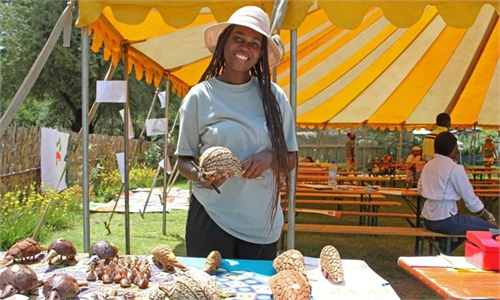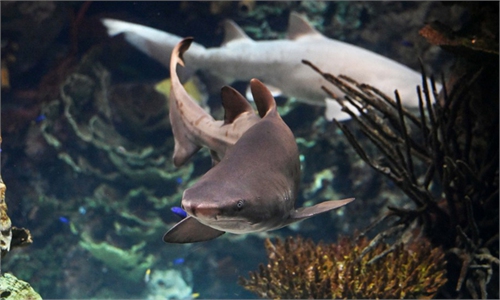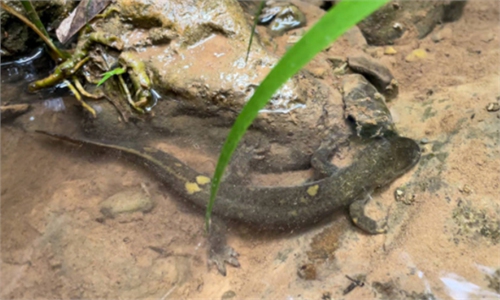Researchers pin hopes on ‘solar backpacks’ for endangered birds
Australian researchers are hoping to keep track of one of the world's rarest bird species - known as plains-wanderers - by attaching tiny solar-powered devices to the endangered birds' backs.
The high-tech project, which is part of a 10-year, A$175 million ($117.67 million) program conducted by state governments and zoos in New South Wales (NSW), Victoria and South Australia (SA), will enable conservationists to use satellites to monitor the whereabouts of 15 plains-wanderers for up to two years.
"These solar-backpack-wearing plains-wanderers are paving the way for us to gather important data, which will ultimately help us improve our conservation efforts for wild populations into the future," NSW Minister for Environment and Heritage James Griffin said in a statement on Sunday.
The 15 small, fawn-colored ground-dwelling birds, selected from breeding programs in zoos within the three states, were released into the Oolambeyan National Park in the Riverina region of NSW.
Conservation group Bush Heritage Australia noted that plains-wanderers' populations have fallen dramatically in recent decades due to a variety of reasons such as being preyed on by feral cats and foxes and the widespread loss of the birds' native grassland habitat due to agricultural use.
There are now believed to be only about 250 to 1,000 plains wanderers remaining in the wild.
Although plains-wanderers look similar to quails, they are genetically distinct from any other known species which means, according to Bush Heritage Australia, the birds "sit alone on their own branch of the evolutionary tree."
Victorian Minister for Environment and Climate Action Lily D'Ambrosio said the project was part of a "record investment into protecting our precious biodiversity."
"This is the first-ever plains-wanderer release to use satellite technology to track the endangered species and the more we know about this elusive bird, the better chance we have at conservation success," she said.
The high-tech project, which is part of a 10-year, A$175 million ($117.67 million) program conducted by state governments and zoos in New South Wales (NSW), Victoria and South Australia (SA), will enable conservationists to use satellites to monitor the whereabouts of 15 plains-wanderers for up to two years.
"These solar-backpack-wearing plains-wanderers are paving the way for us to gather important data, which will ultimately help us improve our conservation efforts for wild populations into the future," NSW Minister for Environment and Heritage James Griffin said in a statement on Sunday.
The 15 small, fawn-colored ground-dwelling birds, selected from breeding programs in zoos within the three states, were released into the Oolambeyan National Park in the Riverina region of NSW.
Conservation group Bush Heritage Australia noted that plains-wanderers' populations have fallen dramatically in recent decades due to a variety of reasons such as being preyed on by feral cats and foxes and the widespread loss of the birds' native grassland habitat due to agricultural use.
There are now believed to be only about 250 to 1,000 plains wanderers remaining in the wild.
Although plains-wanderers look similar to quails, they are genetically distinct from any other known species which means, according to Bush Heritage Australia, the birds "sit alone on their own branch of the evolutionary tree."
Victorian Minister for Environment and Climate Action Lily D'Ambrosio said the project was part of a "record investment into protecting our precious biodiversity."
"This is the first-ever plains-wanderer release to use satellite technology to track the endangered species and the more we know about this elusive bird, the better chance we have at conservation success," she said.



